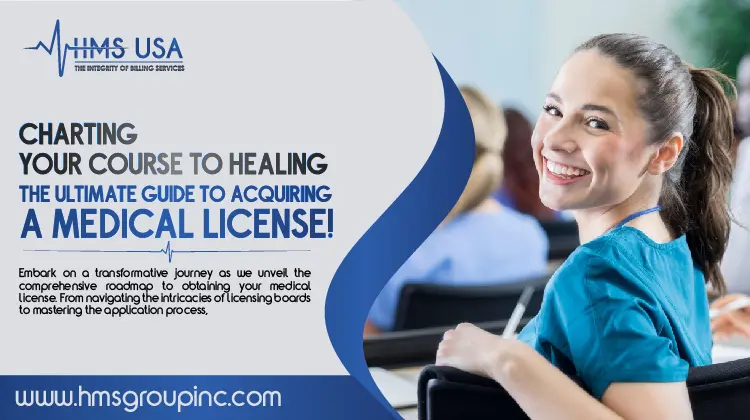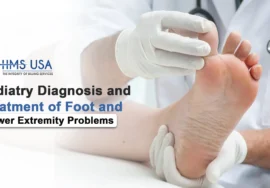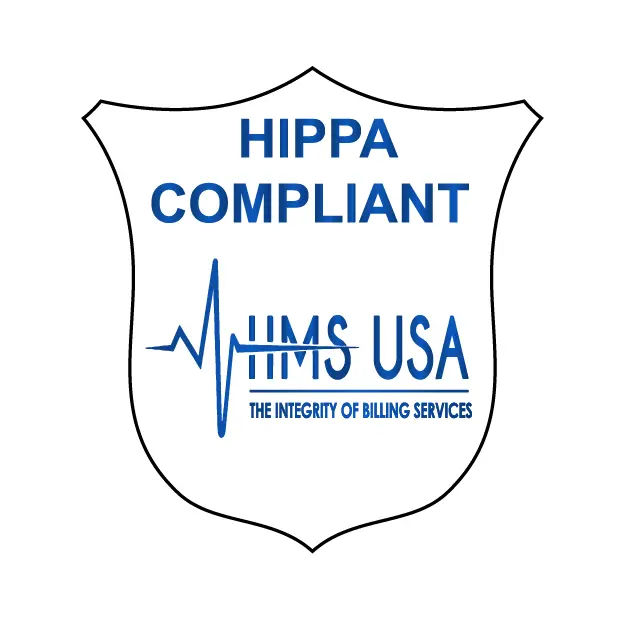
A Comprehensive Guide on How To Get a Medical License
Before starting your practice in the United States, a significant step is to obtain a medical license from the state medical board. Let’s explore the major steps for obtaining a medical license, including educational requirements, licensing exams, and the application process. Be aware that steps and requirements may vary by state or country, so consult local authorities for the latest information.
Educational Requirements
Undergraduate pre-medical students planning to obtain medical licenses must meet educational requirements. This typically involves attending a medical school approved by the appropriate authority in the residential area. Medical school usually spans four years, covering subjects such as anatomy, physiology, pathology, pharmacology, and clinical rotations in various specialties.
Medical Licensing Exams
After graduating from medical school, you’ll need to take one or more medical licensure exams to test your competence and knowledge in medical practice. Popular exams include the United States Medical Licensing Examination (USMLE), a three-step test for doctors aspiring to practice within the United States.
Residency Training
After passing the required licensing tests the next step is to finish a residency program. The residency training program gives you practical, hands-on experience within the specific area of medicine. The length of the residency program depends on the particular speciality chosen, which can range between three and seven years.
In your residency program, you’ll be guided by experienced doctors, and gain essential clinical skills and expertise in the field you choose to specialize in. The residency program is an essential component of your medical education and helps you prepare for your own independent practice.
1. Application Submission
Submit all required documents, such as the medical school transcripts as well as proof of the completion of residency training, and test scores to the licensing board.
2. Background Check and Credential Verification
The licensing board conducts a background check and confirm your credentials to confirm that you meet the required requirements.
3. Jurisprudence Test
Some areas may require you to sit for an exam in jurisprudence which tests your understanding of the laws and regulations that govern the practice of medicine in that particular region.
4. License Fee
Pay the required fees for licensing to cover administrative cost in the process of processing your application.
5. Maintaining Your Medical License
Most states require a specific amount of CME credits to keep a medical license. Doctors must keep on track of their CME hours and keep up-to-date on innovations in their fields. They must remain in excellent standing with regulatory bodies and medical boards to maintain their medical professional license.
How To Get Physician Assistant License In Another State
Research State Requirements
Study the unique requirements for obtaining a PA license in the state where you plan to practice. Each state has distinct licensing authority and regulations, so understanding the specific requirements is crucial.
Educational Requirements
Ensure completion of a Physician Assistant program recognized by the Accreditation Review Commission on Education for the Physician Assistant (ARC-PA). Most states require completion of an accredited program as a prerequisite for licensure.
Certification
Obtain national certification through the National Commission on Certification for Physician Assistants (NCCPA). Successful completion of the National Certifying Exam for Physician Assistants (PANCE) is typically required for national certification.
State Licensing Application
Submit a licensure application to the state’s licensing board where you intend to practice. The application will require personal information, educational history, work experience, and confirmation of your national certificate from NCCPA.
Background Check
Undergo a background investigation as part of the licensure application process. Many states mandate a clean criminal record for applicants.
Jurisprudence Exam
Certain states may require you to take a jurisprudence exam, testing your understanding of the laws governing medical care and regulations in the state.
Supervision and Collaboration Agreements
Review state regulations regarding supervision or collaboration agreements with certified physicians, as some states may require these for physician assistants.
Application Fee
Pay the application fee, which may vary from state to state, to initiate the licensure process.
Continuing Medical Education (CME) Requirements
Understand and fulfill any continuing education requirements for maintaining your PA license. Familiarize yourself with your state’s CME requirements to ensure compliance after licensure.
Read More for: How Much Physician Credentialing Services Cost
Notification of Intent to Practice
Check if the state requires notification to the licensing board about your intention to start practicing. Adhering to any notification requirements ensures a smooth transition.
Always consult the licensing board of the state you are in or plan to move to for up-to-date and accurate information. Being organized and well-informed simplifies the licensure process and facilitates a rewarding career as a Physician Assistant.
HMS USA is a prominent medical billing firm based in Virginia specializing in efficient and precise billing solutions. With a dedicated team and cutting-edge technology, we simplify the billing process for health professionals, ensuring optimal revenue management. You can trust HMS USA Inc for comprehensive and reliable medical billing services tailored to meet your business’s specific requirements.
Note: Procedures and requirements for obtaining a Physician Assistant license in different states may vary significantly.
Conclusion
A medical license requires years of schooling, training, and commitment. Stay updated on specific requirements for your area and seek advice from mentors and authorities to ensure you’re on the right path. Being a licensed medical professional allows you to influence lives, making your efforts worthwhile. Good luck on your journey to becoming a medical professional!
FAQ's
To get a medical license, complete your education at an accredited medical school, participate in supervised learning through residency or internship, and pass licensing examinations. Apply through the relevant licensing authority by submitting credentials, undergoing background checks, and paying required fees. Specific steps and requirements may vary by region, so research applicable regulations.
Obtaining a medical license in the United States typically takes 11 to 15 years. This includes a 4-year bachelor’s degree, four years of medical school, and a residency program lasting 3 to 7 years. After residency, prepare for exams like the USMLE or COMLEX-USA Step tests to qualify for licensing. The entire process demands a substantial time commitment.
The exact duration varies based on individual circumstances and choices, but the usual time for processing a Virginia medical license is around 6 weeks (30 business days) after application and fee submission.











